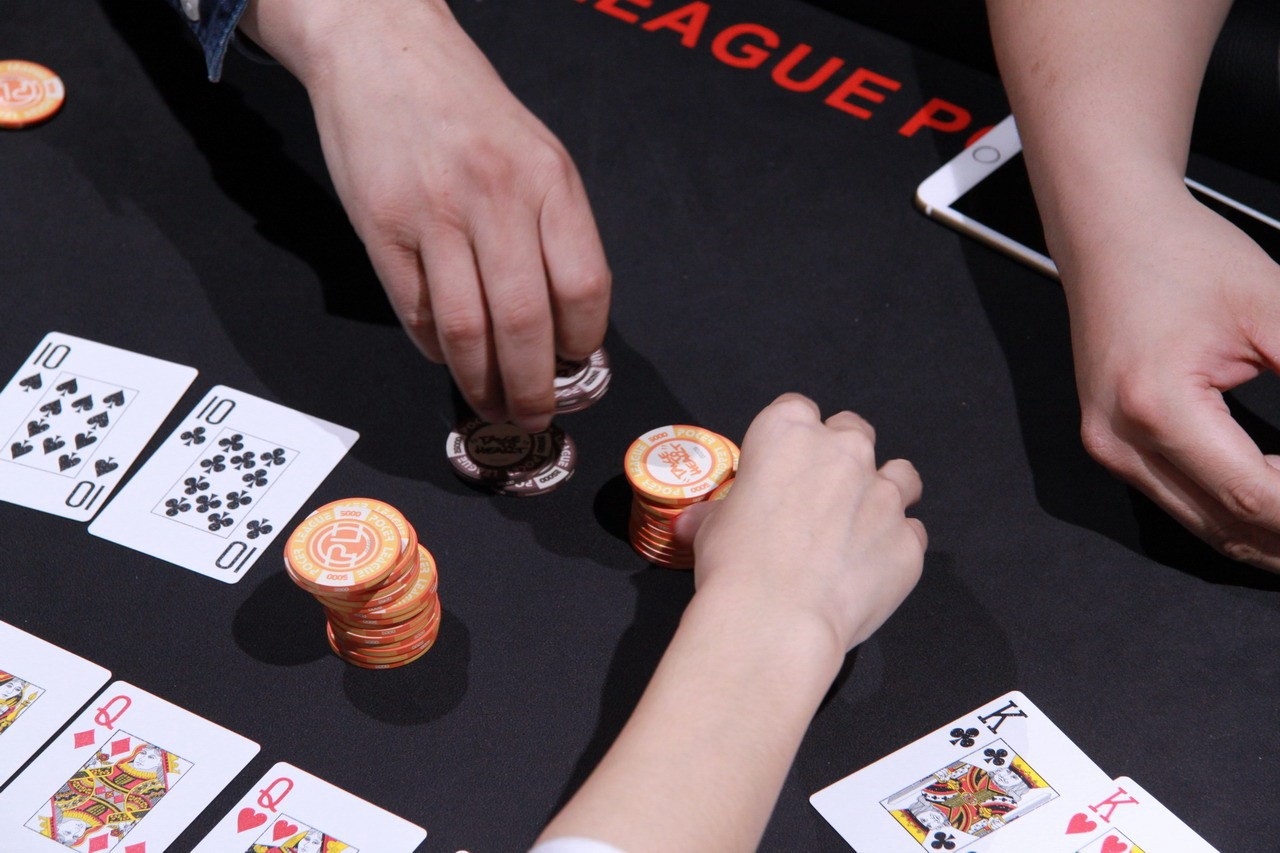
Myths Surrounding Gambling
Gambling is the voluntary wagering of something of worth or cash on an uncertain event with an unknown outcome, usually with the main purpose of winning large amounts of money. Gambling therefore requires three components to be present: risk, consideration, and a reward. While there are many different types of gambling, they can be grouped into two main categories: American and European.
American Gambling can often be seen as a part of American culture; indeed many Americans indulge in some form of gambling at least once in their lifetime. The appeal of gambling is its ability to offer people what they want, when they want it. There are both tangible and intangible advantages to American gambling. One is that it allows people to test their own talents and ideas; another is that it allows people to use their money to live their lives and make their dreams come true. There are, however, healthier choices than gambling; one way that people can choose to gamble is to stop gambling all together.
European Gambling can be seen as a way of life for many Europeans. The appeal of gambling is its wide variety and ability to offer people what they want, when they want it. For the most part, Europeans don’t have as many of the restrictive licensing constraints that American casinos face, which allows them to offer a wider variety of games and more opportunities for people to win. Another advantage to European gambling is that there are fewer worries about the probability of gambling being addictive; something that worries a lot of Americans about online gambling.
The third category of myth surrounding gambling is that it causes mental health problems. There are many things that can be placed into this category such as the misconception that online gambling causes addiction, or that gambling leads to people seeing things that aren’t real in their lives. No one can say with certainty that gambling causes mental health problems, but there is a large body of research that shows that some individuals do report some degree of emotional problems following a session of gambling. This is nothing to be ashamed of and can in no way replace the problems caused by real world gambling.
The fourth myth surrounding gambling is that you can’t go broke investing in the lottery. While there are a great deal of opportunities for people to win the lottery, most lottery winners don’t become millionaires overnight. Gambling can be used to increase one’s chances of winning the lottery, but following a long term investment strategy is far more advisable. While the odds of the lottery fluctuate, gambling trends show that winning the lottery has a much better chance of becoming reality than does the stock market.
The last myth surrounding gambling is that anyone who believes that they can control the outcome of the game is a problem gambler. Gambling can be a very risky and complicated activity, but a problem gambler may find that the unexpected consequences of their gambling decisions affect their personal and professional lives. There is nothing to stop a problem gambler from trying to improve their game, and if they are willing to make an effort to learn new techniques and strategies, they may very well end up playing smarter in the future. While most people who bet on sports and other unpredictable events may see the risk inherent in gambling as a valid reason not to play, the majority of the gamblers I’ve spoken with have a completely different point of view.







